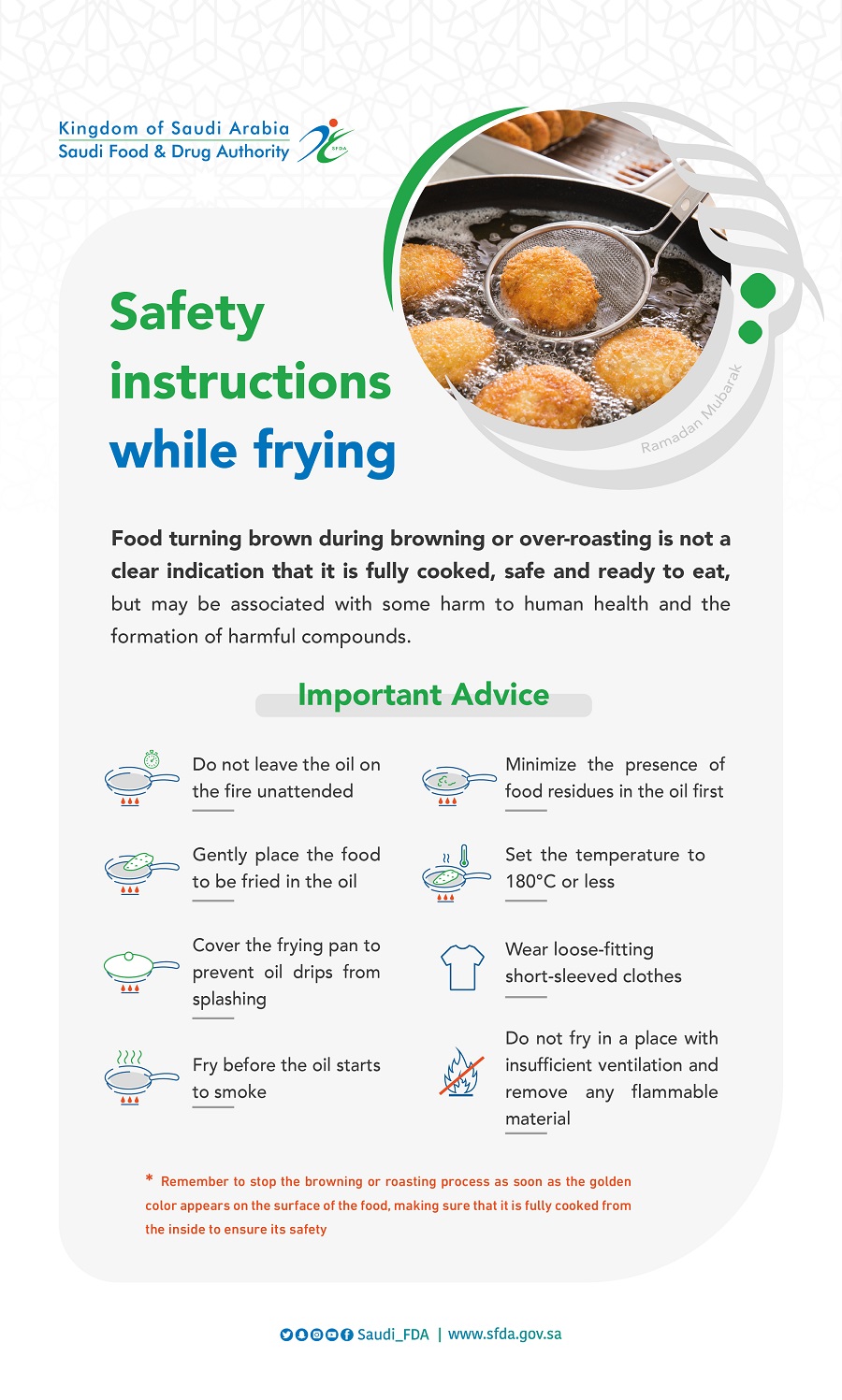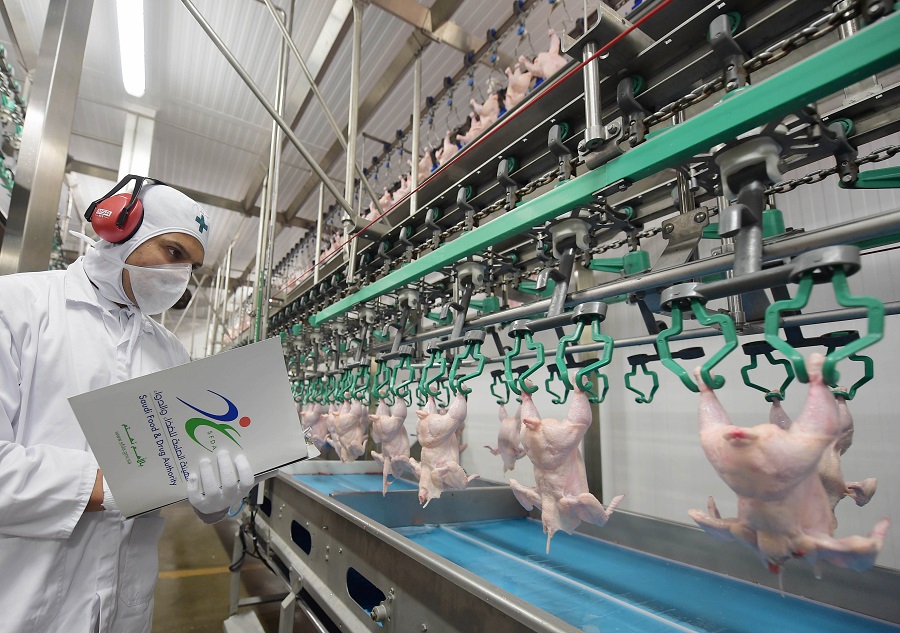SFDA Warns Against Microbes Accumulation on Coffee when Stored Incorrectly
2022-04-13
Coffee is the most consumed beverage, but coffee consumers face a challenge in storing it for fear of changing its original flavor and taste. Many people associate coffee storage with preserving these two components, knowing that when stored incorrectly, it may lead to the accumulation of microbes on it, causing food poisoning.





